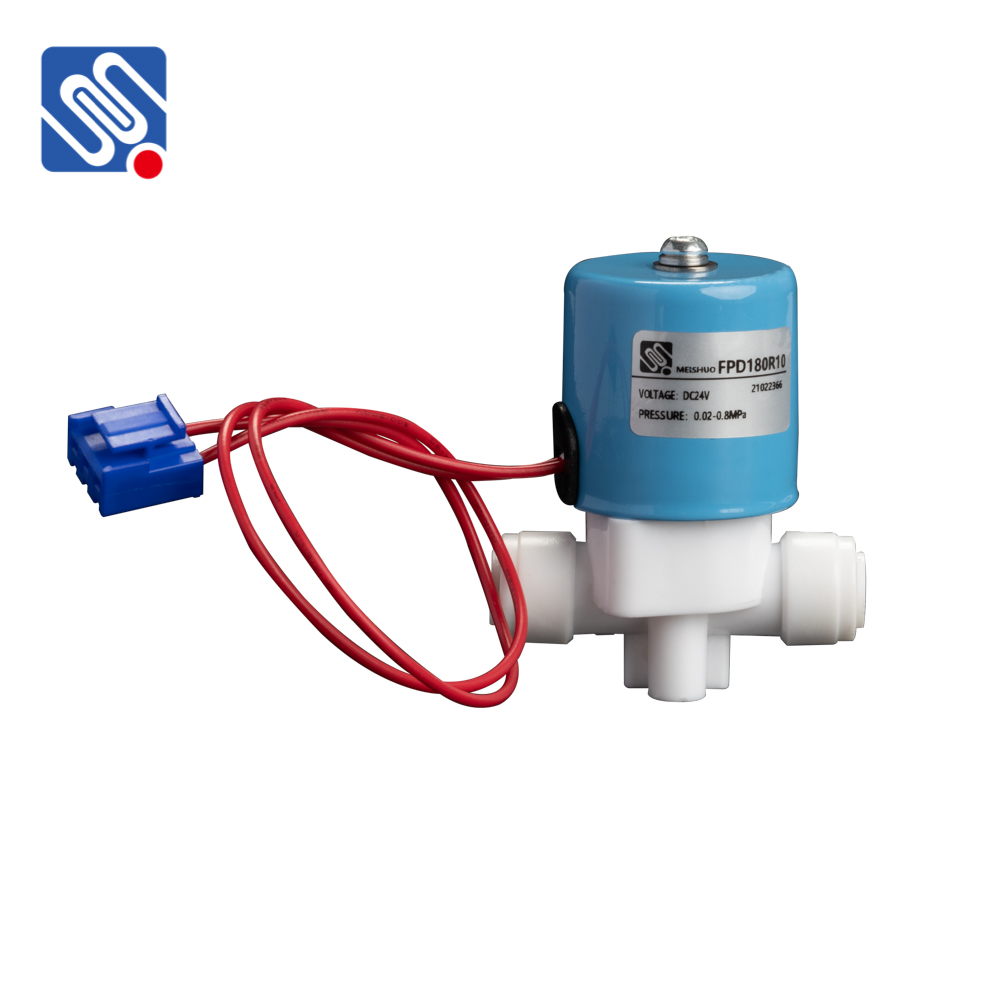food grade solenoid valve: ensuring safety and precision in food and beverage processing
Release time:2025-10-24 05:14:02
Food Grade Solenoid Valves are essential components in various industries, particularly in food and beverage production, pharmaceuticals, and other sectors where hygiene and safety are of utmost importance. These valves play a crucial role in controlling the flow of liquids, ensuring precision, and maintaining the integrity of products. In this article, we will explore the key features, applications, and benefits of Food Grade Solenoid Valves, highlighting their importance in ensuring safety, quality, and efficiency in industrial processes.

What is a Food Grade Solenoid Valve? A Food Grade Solenoid Valve is an electrically operated valve designed to control the flow of fluids in food and beverage processing systems. The operation of these valves is based on electromagnetic force, where an electrical current energizes a solenoid to open or close the valve, allowing or blocking the passage of liquid or gas. Unlike standard solenoid valves, food-grade versions are made from materials that are safe for direct contact with consumables and are designed to meet stringent hygiene standards. Material Requirements The materials used in Food Grade Solenoid Valves are critical to their performance and safety. Stainless steel, particularly grades like 304 and 316L, is the most commonly used material due to its excellent corrosion resistance and ability to withstand exposure to chemicals, high temperatures, and cleaning agents. These materials ensure that the valves are durable and maintain their integrity in harsh industrial environments.

